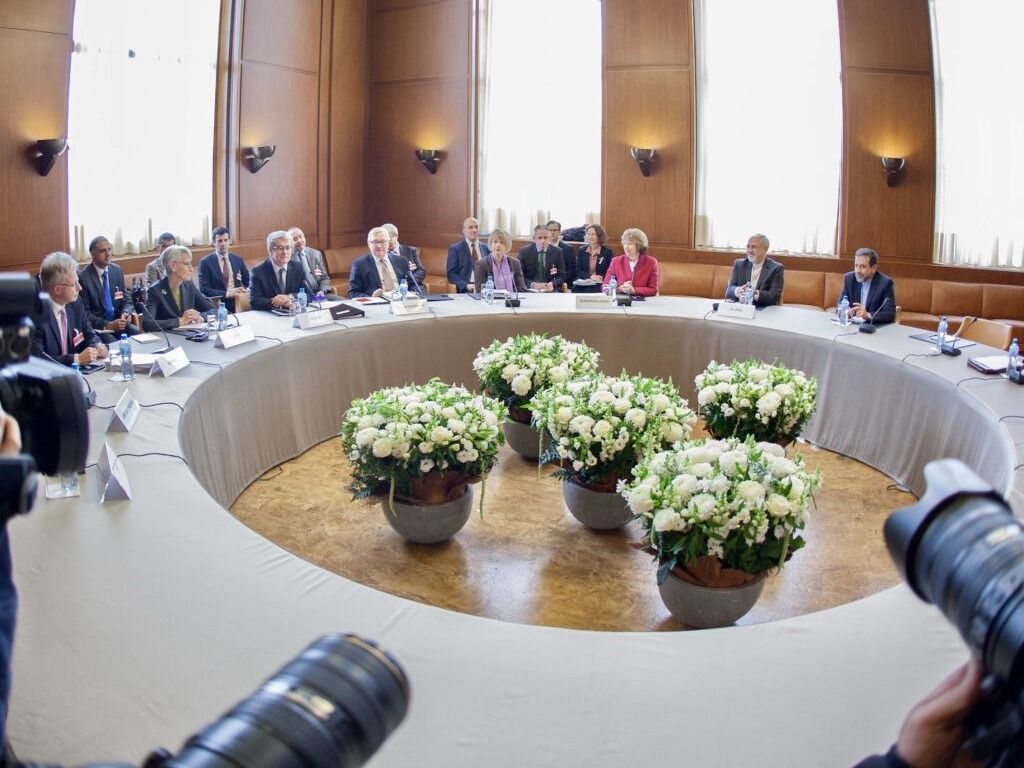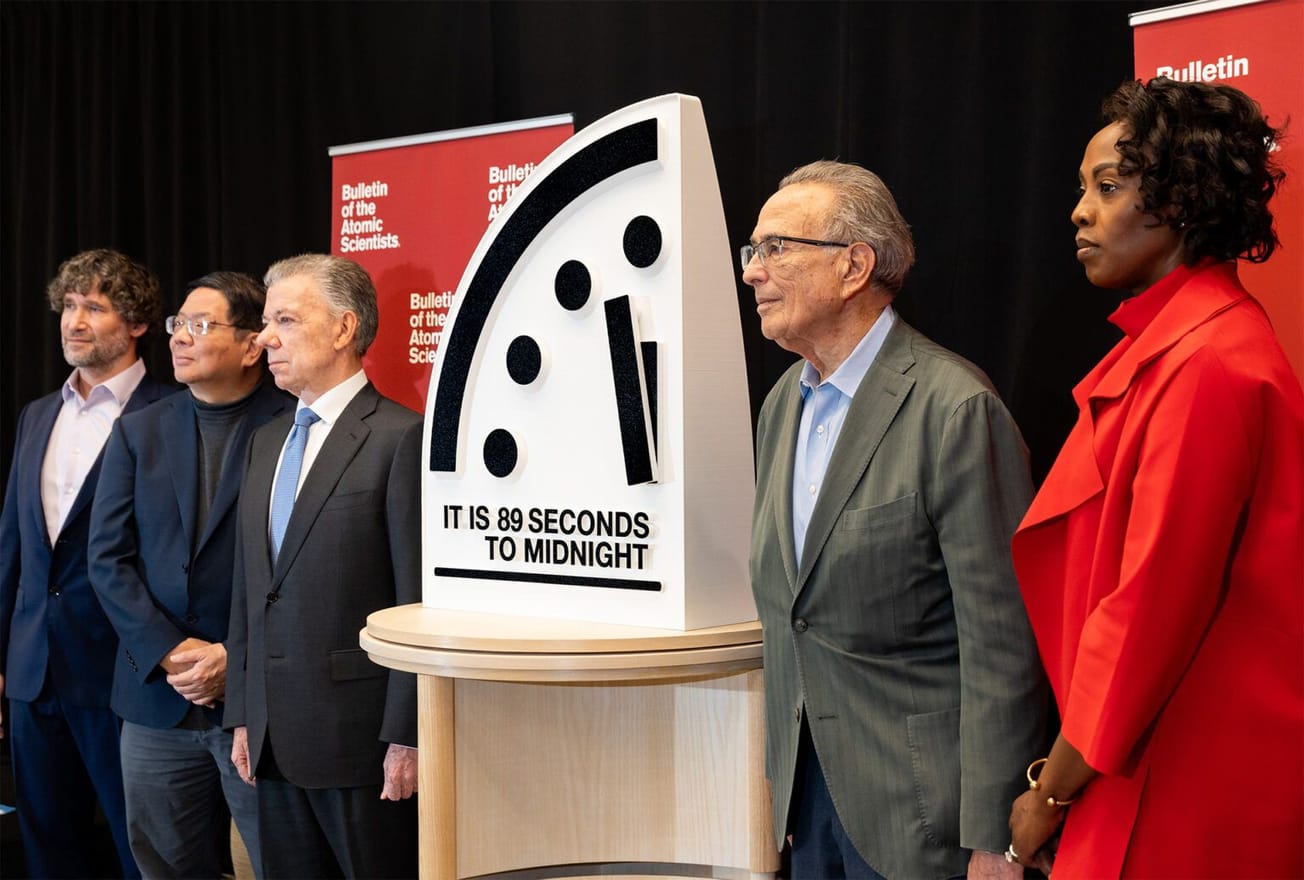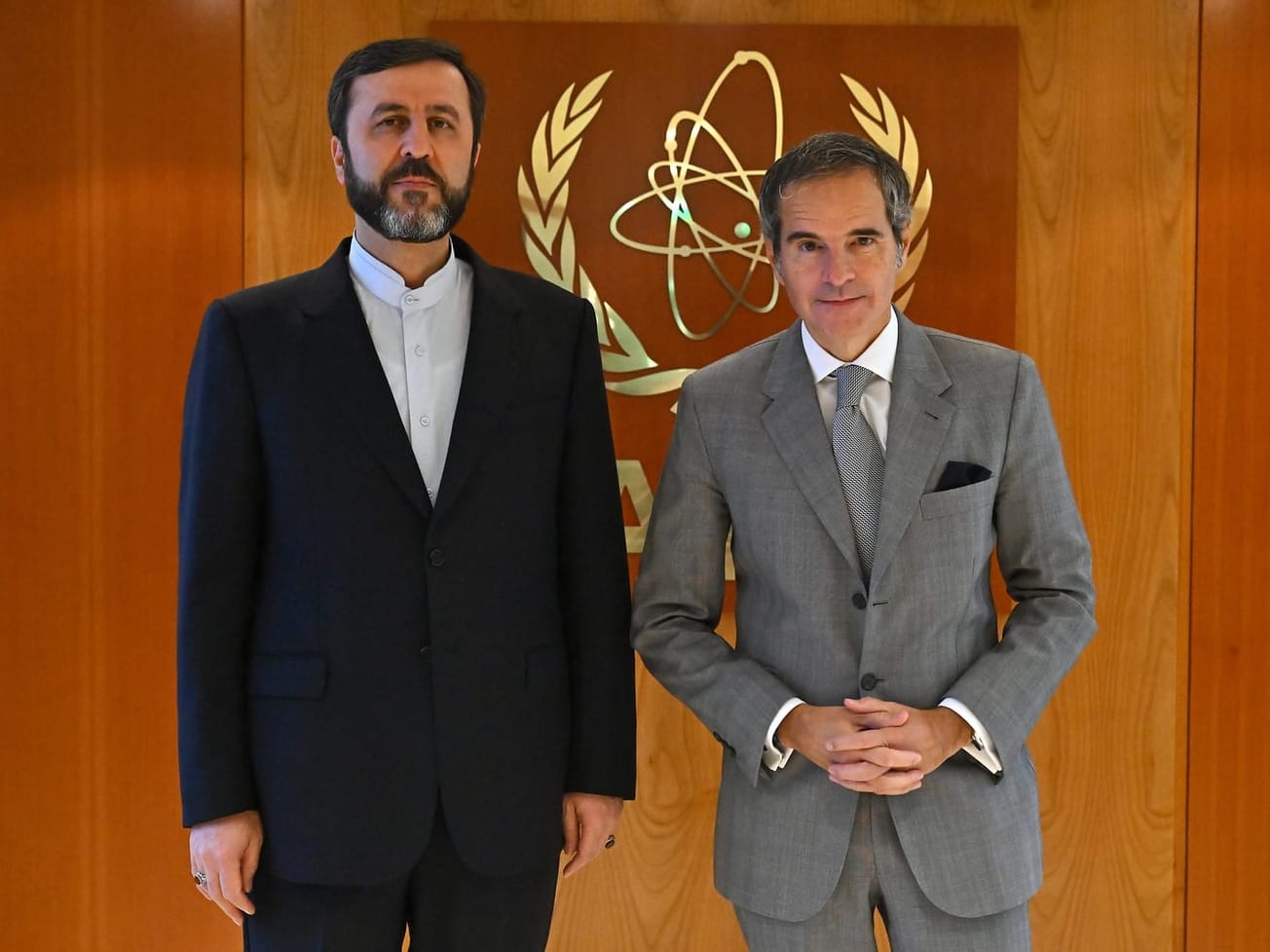UNITED NATIONS (AN) — The signatories to the Iran nuclear deal allowed a U.N. Security Council-imposed embargo on arms trade with the nation and some travel bans to expire as planned on Sunday despite U.S. objections it should remain in place.
The council imposed a partial embargo on the export of nuclear-related technology to Iran in 2006, then added an embargo on arms exports from Iran in 2007. The council's embargo on the export of most major conventional weapons to Iran followed in 2010, and was amended in 2015 to allow specific exemptions.
Tehran hailed the lifting of the arms restrictions and the end of U.N. travel bans on some Iranian Revolutionary Guard members, but said the government has no plan to go on a "buying spree" for foreign-made conventional weapons, such as fighter jets, tanks, armored combat vehicles and artillery, now that it can upgrade its military armaments, including some that are 0lder than the 1979 Islamic Revolution.
Iran’s Foreign Minister Mohammad Javad Zarif called it "a momentous day for the international community" for having defied the United States and "protected" the Security Council and nuclear deal.
"Today's normalization of Iran’s defense cooperation with the world is a win for the cause of multilateralism and peace and security in our region," he tweeted.
The 2015 nuclear deal, known as the Joint Comprehensive Plan of Action, or JCPOA, lifted crippling United Nations-authorized economic sanctions on Iran to allow for its economic opening to the West. In exchange, Tehran had to agree to enforceable limits on its nuclear program.
Initially, it included the Security Council’s five permanent, veto-wielding members — Britain, China, France, Russia and the United States — plus Germany and the European Union. The 15-nation council, the most powerful arm of the United Nations, unanimously endorsed the JCPOA in a July 2015 resolution.
But in August 2018, U.S. President Donald Trump announced he would withdraw from the treaty and reintroduce U.S. sanctions on Iran in a bid to ratchet up pressure on Tehran’s economy and ruling regime. That widened the U.S.-Europe rift over international leadership on a host of issues.
Everyone expects the US, Mr. Secretary of State,to contribute to peceful ME by stopping to provoke #Iran and to pump region with arms. And please change words“sanctions” and“punishment”in your vocabulary to “dialogue”and “engagement”.That would help a lot!Make US respected again! https://t.co/EUcXCbRm76
— Dmitry Polyanskiy (@Dpol_un) October 18, 2020
U.S. and Russia spar over Iran
Without the United States on board, the JCPOA made Iran more dependent on its European, Russian and Chinese trading partners. Last year, the U.S. Defense Intelligence Agency said Iran would probably try to buy Russian fighter jets, aircraft, tanks and anti-aircraft missiles if the arms embargo lapsed. Now that it has lapsed, however, other nations may still not sell arms to Tehran for fear of U.S. economic payback.
Last month, after failing to persuade the council to use the nuclear deal to restore sanctions against Tehran, the Trump administration followed through on its threat to unilaterally restore sanctions against Iran. Despite widespread international criticism that the action is illegal, the United States argued it was triggering a “non-performance” clause under the deal allowing for so-called “snapback” U.N. sanctions.
On Sunday, U.S. Secretary of State Mike Pompeo went further, saying the United States would flatly ignore the arms embargo's expiration. Billions of dollars of sophisticated U.S. weapons have flowed to other Gulf nations such as Saudi Arabia and the United Arab Emirates, helping to make them regional powers.
“The United States is prepared to use its domestic authorities to sanction any individual or entity that materially contributes to the supply, sale, or transfer of conventional arms to or from Iran, as well as those who provide technical training, financial support and services, and other assistance related to these arms,” he said in a statement.
"For the past 10 years, countries have refrained from selling weapons to Iran under various U.N. measures," Pompeo added. "Any country that now challenges this prohibition will be very clearly choosing to fuel conflict and tension over promoting peace and security."
In response, Russia’s deputy U.N. ambassador, Dmitry Polyansky, tweeted that the Trump administration could do more to contribute to a peaceful Middle East "by stopping to provoke #Iran and to pump region with arms. And please change words 'sanctions' and 'punishment' in your vocabulary to 'dialogue' and 'engagement.' That would help a lot! Make U.S. respected again!"








